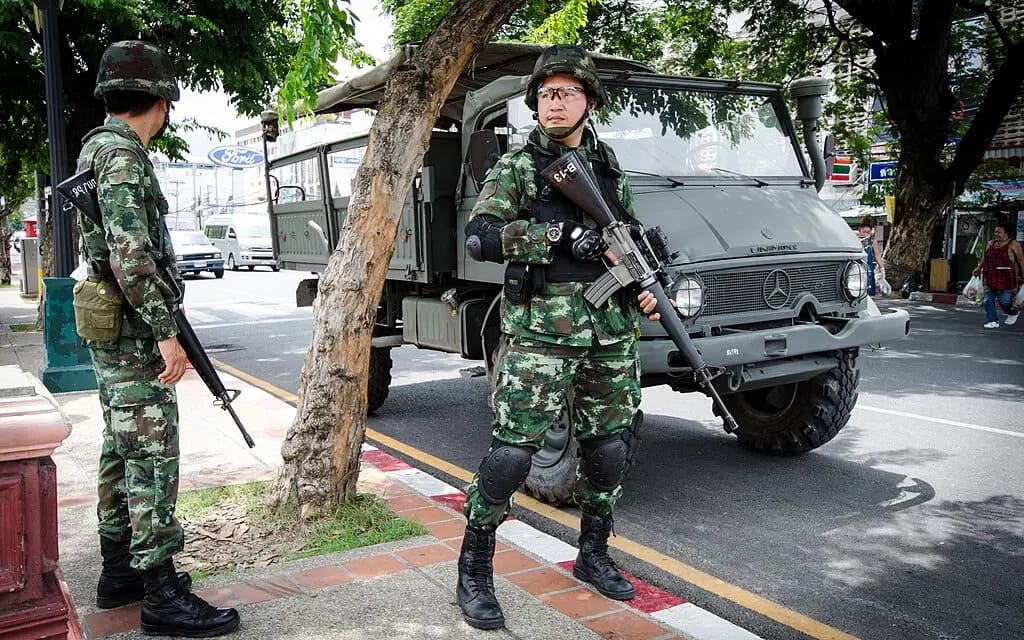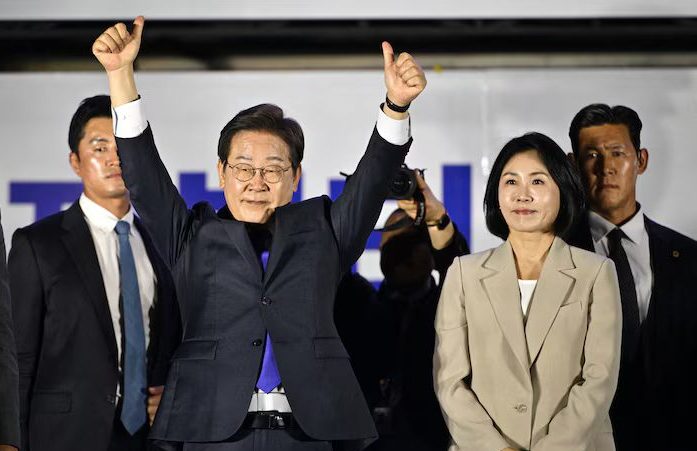
South Korea’s Constitutional Court Removes President Yoon Suk Yeol from Office
- World News
- April 4, 2025
- No Comment
South Korea’s Constitutional Court Removes President Yoon Suk Yeol from Office
South Korea’s Constitutional Court has unanimously ruled to remove President Yoon Suk Yeol from office, following his controversial martial law declaration in December 2024. The decision, which takes immediate effect, ends Yoon’s presidency and triggers a national election within 60 days.
The court stated that President Yoon’s deployment of military forces to the National Assembly constituted a serious violation of the Constitution and democratic principles. According to the court’s ruling, there was no legitimate national emergency to justify such an extreme action. The eight-member bench described Yoon’s conduct as a “grave betrayal of the public trust.”
This decision follows months of political unrest after President Yoon issued a late-night order placing the country under martial law. His actions led to chaos in the capital, widespread public protests, and a swift parliamentary response that resulted in his impeachment.
President Yoon, who rose to prominence as a prosecutor involved in the 2017 impeachment of former President Park Geun-hye, now becomes the second democratically elected leader in South Korea to be removed from office by the Constitutional Court. He also holds the record for the shortest presidential term in the country’s democratic history.
Following the verdict, Yoon expressed his gratitude to his supporters and apologized for not fulfilling the public’s expectations. His legal battles are not over; he still faces an ongoing criminal trial on charges of insurrection, a charge that carries a potential life sentence under South Korean law.
Acting President Han Duck-soo has pledged to uphold the Constitution, maintain national stability, and ensure that the upcoming presidential election reflects the will of the people. Meanwhile, opposition parties are mobilizing, with former presidential candidate Lee Jae-myung expected to be a leading contender in the next vote.
The ruling has sparked mixed reactions across the country. Pro-democracy supporters celebrated the decision as a victory for the rule of law, while Yoon’s conservative base responded with disappointment but respect for the court’s authority.
This development marks a pivotal moment in South Korea’s modern political history and underscores the strength of its democratic institutions.







